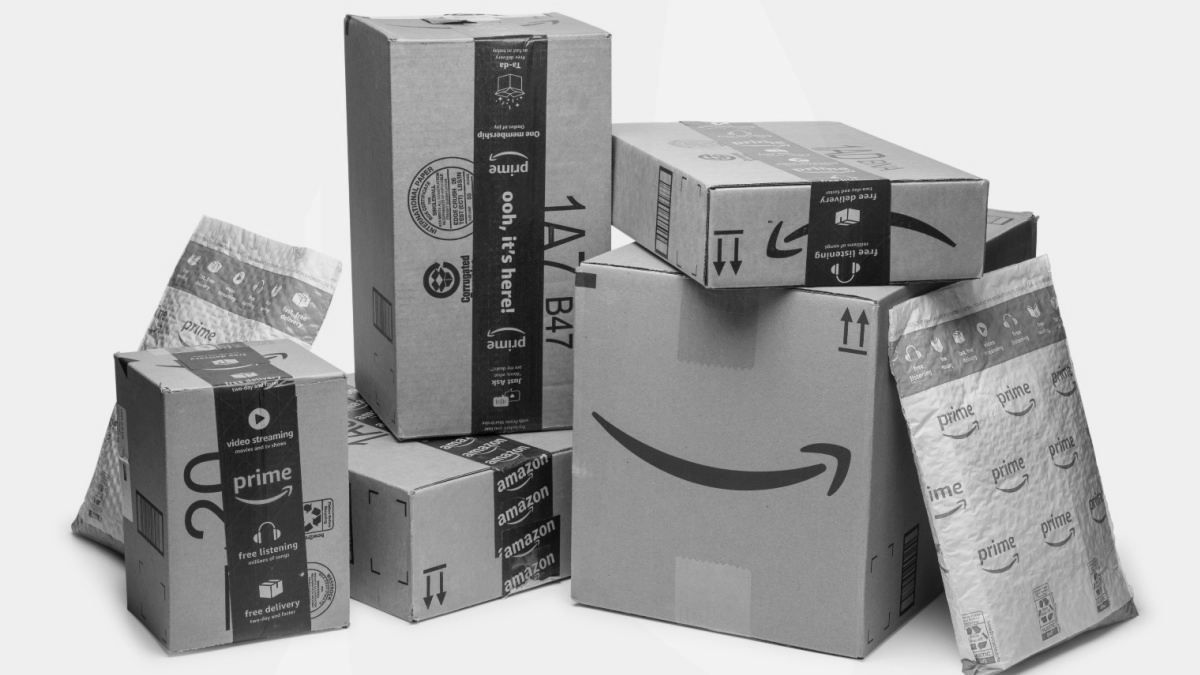Online imports warning for South Africa

South African individuals and small businesses looking to capitalise on the explosion in e-commerce by reselling so-called “grey goods” should be aware that buyers must be given mandatory notices about warranties on such products.
South Africans have increasingly embraced online shopping in the past few years, including on international stores like Amazon, Temu, Shein, Wish, and Alibaba.
Some of these platforms allow for importing certain products that may not be officially distributed locally, including trademarked products from major brands.
Michalsons Attorneys’ legal expert Jesse-Lee Wrensch explained that products imported through “unofficial” or “unauthorised” distribution channels are regarded as “grey goods” or parallel imports.
Examples of such products include smartphones or laptops that are not sold locally.
Adams & Adams senior associate Melissa Morris said that a parallel import could also be a genuine product imported from one market to another without the permission of the original manufacturer.
That means even if the products are available locally from an official distributor, they can be considered grey goods depending on the source.
“While the products are typically authentic, they are distributed outside of the official channels, which can lead to issues like warranty limitations, lack of customer support, and potential legal challenges in some jurisdictions,” Morris said.
“What this means is that this product, when it was manufactured, was done so with the express permission of the trademark owner, but has ended up in South Africa without the authorisation of that owner.”
Morris listed several reasons why these products were often cheaper than their equivalents coming from local distributors:
- Price discrepancies — Different markets may have varying pricing strategies due to factors like local demand, competition, taxes, and tariffs. Importers take advantage of these price differences.
- Reduced distribution costs — Parallel importers may bypass some of the costs associated with official distribution channels, such as marketing and retailer markups.
- Market saturation — In some markets, there may be excessive competition, driving prices down. Importers can source goods from less saturated markets at lower costs.
- Currency fluctuations — Exchange rates can also affect pricing, making products cheaper to import if the currency of the country of origin is weaker compared to the importer’s currency.
- Fewer regulations — Parallel importers may operate with fewer regulatory costs and compliance requirements than official distributors.
The big downside to parallel imports is that they may not come with the same warranty as a product that landed in a customer’s hands through local distribution channels.
This can be particularly problematic if the product is an expensive piece of tech that might be susceptible to hardware or software defects.
However, South African consumers have some legal protection on this front.
Morris and Wrensch said that Section 25(2) of the CPA stated a person who markets a parallel import with its original trademark must attach a “conspicuous” notice to those goods in the prescribed manner and form.
“This provision aims to inform consumers that these goods are not covered by any guarantee from the authorised distributor, enabling them to make an informed decision,” said Morris.
“The notice must be legible, in plain language and placed in a visible location on the product where consumers are likely to notice it.
“If the grey goods feature a trade mark, the notice must clearly indicate that the goods have been imported without the approval of the registered trade mark owner.”
“It must also specify that no guarantee or warranty will be honoured by any authorised importer of the goods.”
Morris explained this notice was necessary because CPA Section 56 said all goods sold to consumers come with an implied warranty of quality that cannot be waived or revoked.
Unless the grey goods have the conspicuous notice, buyers will be entitled to return them for a refund, or have them replaced or repaired at the supplier’s expense.
Morris said that the sales receipt may also need to state that they will not receive after-sales service or brand support, and that the seller is not part of the authorised importer’s distribution network.
Alternatively, it must say that buyers can only return the product to the service provider from whom they purchased it for repairs and services.
“Additionally, the authorised South African distributor is not obligated to honour the manufacturer’s warranties or guarantees for grey goods purchased elsewhere,” Morris said.
If a supplier fails to do so and a customer experiences a problem with the product like a hardware defect, the consumer may be entitled to a return or replacement.
International stores not exempted from rules

A MyBroadband employee recently imported a Google Pixel 7 Pro from Amazon’s US marketplace.
None of Google’s Pixel devices are officially sold in South Africa, meaning the smartphone qualifies as a parallel import.
However, neither Amazon.com nor the merchant operating on its platform put conspicuous notices on the item’s packaging or receipts.
There was also no warning about a lack of warranty or guarantee presented to the customer at any point in the ordering process.
Wrensch said that international retailers like Amazon.com would also need to comply with the CPA for the products they ship directly to South Africa.
“This might be more difficult considering the jurisdictional issues with enforcement,” he said. “This could change, however, since Amazon now has an e-commerce website specific to South Africa.”
Morris said the CPA applied to all “transactions” occurring in South Africa, regardless of whether the supplier or franchisor was based outside the country and had no local presence.
However, she said there was some uncertainty about whether the CPA applied to foreign-registered entities that provided goods or services to South African residents online.
“The big question is whether or not the transaction occurred within the Republic which can be quite difficult to answer when dealing with online transactions,” Morris said.
“Some argue that we should look at the currency used, the supplier’s operational base, and the other countries involved in order to determine whether the transaction occurred within South Africa.”
“Others argue that delivering goods to a consumer in South Africa is enough.”
“Unfortunately, this is a grey area, as there has been no definitive ruling from the courts or Consumer Tribunal on this issue.”
Fortunately, in cases where the goods caused harm, Morris said that consumers could always rely on sections 60 and 61 of the CPA, regardless of the provider’s main operating territory.
Section 61 states that the producer, importer, distributor, or retailer of goods is liable for harm caused by:
- the supply of unsafe goods;
- a product failure, defect, or hazard in the goods; or
- inadequate instructions or warnings regarding any hazards associated with the use of the goods.
In addition, liability for the producer, importer, distributor, or retailer does not depend on proving negligence, Morris said.
































